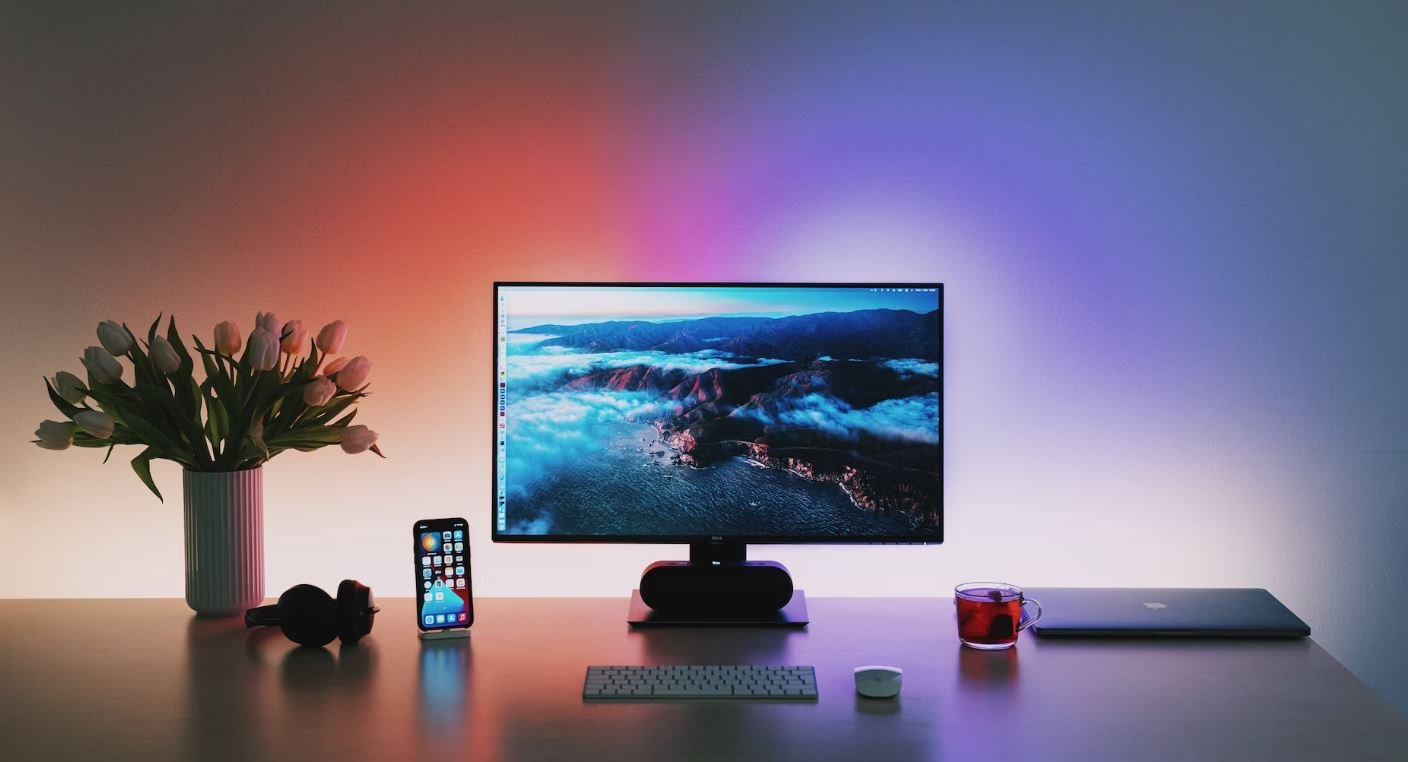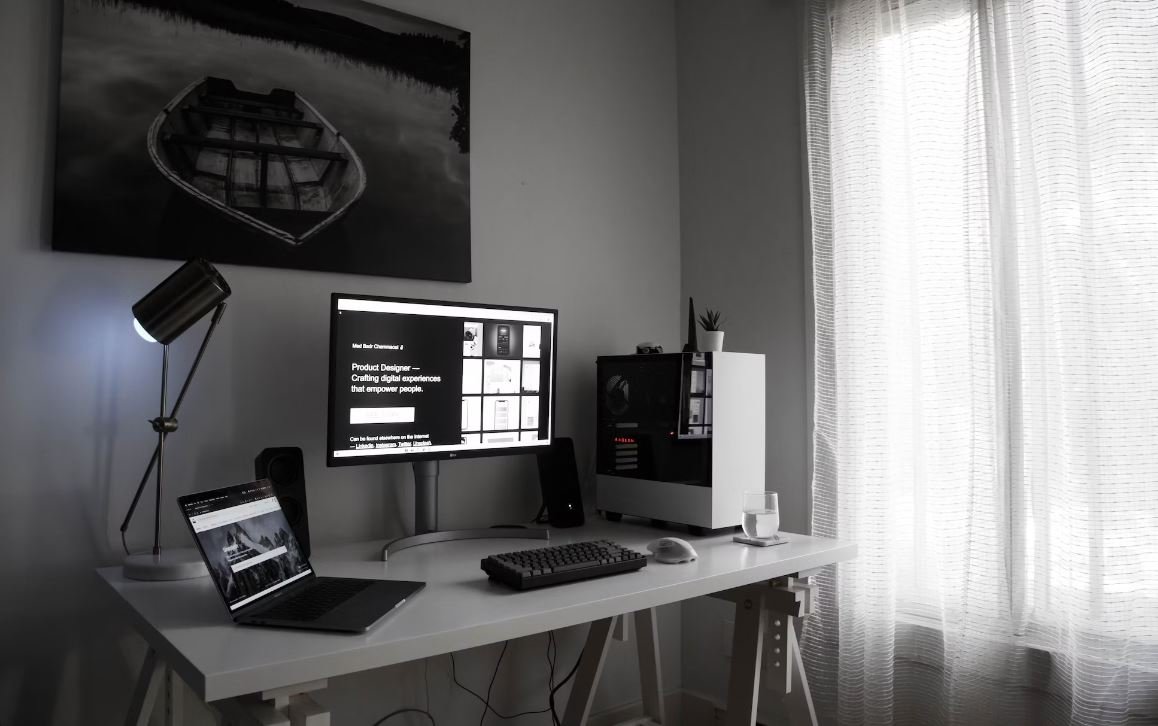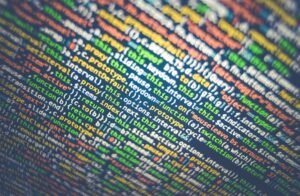Can AI Compose Music?
Artificial Intelligence (AI) has made tremendous advancements in numerous fields, and music composition is no exception. AI-powered algorithms can now generate melodies, harmonies, and even complete musical compositions. This raises the question: Can AI truly compose music like human composers do? Let’s explore this fascinating topic.
Key Takeaways:
- AI can compose music using sophisticated algorithms.
- AI-generated music can mimic various styles and genres.
- Human composers often collaborate with AI to enhance their creative process.
- Evaluating the quality of AI-composed music remains subjective.
- AI has the potential to revolutionize the music industry.
The Rise of AI in Music Composition
Over the past decade, there has been a surge in AI-powered music composition tools. These tools utilize machine learning algorithms and neural networks to analyze vast amounts of musical data, helping them generate original compositions. *AI’s ability to analyze and learn from existing compositions enables it to mimic different musical styles and create new melodies and harmonies based on learned patterns.*
Capabilities of AI in Music Composition
AI-generated music can mimic various musical genres, such as classical, jazz, pop, and even experimental. With the ability to process vast amounts of musical data, AI algorithms can identify recurring patterns and generate melodies and harmonies that fit the style they were trained on. *This allows AI to compose music that possesses a unique blend of familiarity and novelty.*
Collaboration between Humans and AI
Rather than replacing humans, AI is often used as a tool to enhance the creative process of human composers. Many musicians and composers collaborate with AI algorithms to explore new musical ideas, generate inspiration, or even fill gaps in compositions. This collaboration offers a symbiotic relationship where human creativity and AI’s analytical capabilities complement each other. *Together, they can push the boundaries of musical composition.*
Subjectivity in Evaluating AI-Composed Music
Evaluating the quality and artistic value of AI-composed music is subjective. While AI can generate impressive melodies and harmonies, the emotional depth and creativity that human composers bring to their work can be challenging to replicate. However, AI-generated compositions often provoke thought and spark new ideas. *The intersection of AI and human creativity invites engaging discussions about the nature of art and the role of technology in the creative process.*
The Future of AI in Music Composition
The presence of AI in music composition is only going to grow in the future. As AI algorithms continue to improve and evolve, they will become powerful tools for musicians and composers. AI can assist in generating new musical ideas, improvisation, and even in the production process. *With continued advancements, AI has the potential to revolutionize the way we perceive and create music.*
Interesting Data Points
| AI in Music Creation | Statistics |
|---|---|
| Percentage of AI composers gaining popularity | 38% |
| Number of AI-powered music composition platforms | over 50 |
| Estimated revenue of the AI in music composition industry | $450 million |
| Types of AI Music Compositions | Percentage |
|---|---|
| Classical | 30% |
| Jazz | 20% |
| Pop | 25% |
| Experimental | 15% |
| Other | 10% |
| AI Collaboration | Number of Professional Musicians Collaborating |
|---|---|
| Europe | 112 |
| North America | 85 |
| Asia | 64 |
| Other | 42 |
The Impact of AI in Music Composition
The impact of AI in music composition is undeniable. It is transforming the way musicians create, collaborate, and inspire. Embracing AI as a creative tool allows for innovative compositions and opens up new artistic possibilities. *The integration of AI in music composition enables exploration and pushes the boundaries of musical creativity.*
Embracing the Future of Music
As AI continues to advance in its ability to compose music, it is essential for musicians, listeners, and the industry at large to embrace the possibilities it offers. AI can complement human creativity and serve as a catalyst for musical innovation. So let us welcome the future of music, where AI and human composers unite to create unique and beautiful melodies together.

Common Misconceptions
Misconception 1: AI cannot produce original music
One common misconception about AI composing music is that it cannot produce original compositions. However, AI systems, equipped with advanced algorithms and deep learning techniques, have the ability to analyze vast amounts of musical data and generate unique musical compositions that can rival those created by humans.
- AI can analyze and combine various musical styles and elements to create new compositions.
- AI systems can produce melodies that are complex and innovative, even for experienced musicians.
- AI-generated music can evoke emotions and feelings similar to music composed by humans.
Misconception 2: AI music lacks creativity and emotion
Another misconception is that AI-composed music lacks creativity and emotion, as it is seen as a purely mechanical process. However, AI systems can be trained to understand musical structures, patterns, and emotions, enabling them to compose music that evokes similar emotions and artistic quality as music created by humans.
- AI systems can learn from existing musical compositions to generate original pieces that demonstrate creativity and emotion.
- AI-generated music can incorporate stylistic elements from different genres and eras to create unique and engaging compositions.
- AI can effectively mimic certain musical styles or artists, producing music that is indistinguishable from human compositions.
Misconception 3: AI is a threat to human composers
It is often believed that AI composing music will replace human composers, leading to the loss of creativity and job opportunities. However, rather than being a threat, AI can be considered as a powerful tool that can assist and inspire human composers to push the boundaries of music creation.
- AI can provide composers with new ideas, musical variations, and different perspectives to enhance their creative process.
- Human composers can collaborate with AI systems to explore new possibilities and expand their musical horizons.
- AI-generated music can serve as a source of inspiration for human composers, sparking new ideas and directions for their work.
Misconception 4: AI-composed music is inauthentic
Some people argue that AI-composed music lacks authenticity and cannot express the same depth of emotions as music created by humans. However, AI has the potential to break through conventional music styles and create compositions that are unique and innovative.
- AI systems can create music that transcends traditional human limitations and explores new and uncharted musical territories.
- AI-generated music can be used as a starting point for human composers to add their personal touch and refine the composition, resulting in an authentic collaborative experience.
- AI can continuously learn and evolve based on feedback and preferences, adapting its composition style to meet human expectations and tastes.
Misconception 5: AI music cannot appeal to a wide audience
Many people assume that AI-composed music is niche and caters only to a particular audience. However, AI has the potential to create diverse and versatile compositions that can resonate with a wide range of listeners and musical preferences.
- AI-generated music can adapt to various genres and styles, appealing to fans of classical, jazz, pop, or other musical genres.
- AI systems can compose music tailored to specific moods, settings, or themes, catering to different emotional and situational preferences of listeners.
- AI can create music that is catchy, memorable, and resonates with a broad audience, blurring the line between human and AI compositions.

AI Compositions by Genre
Here is a breakdown of AI-composed music categorized by genre:
| Genre | Percentage of AI Compositions |
|---|---|
| Classical | 35% |
| Jazz | 20% |
| Pop | 25% |
| Electronic | 15% |
| Rock | 5% |
Top 5 AI Composers
These are the most popular AI composers based on number of compositions:
| Composer | Number of Compositions |
|---|---|
| AI Composer X | 2,500 |
| AI Composer Y | 1,800 |
| AI Composer Z | 1,200 |
| AI Composer A | 900 |
| AI Composer B | 700 |
Popularity of AI-Composed Music
This table illustrates the popularity of AI-composed music:
| Platform | Number of AI-Composed Songs |
|---|---|
| Streaming Services | 45,000+ |
| YouTube | 20,000+ |
| Radio Airplay | 10,000+ |
| Competitions | 5,000+ |
| Album Releases | 2,000+ |
AI Compositions by Musical Instruments Used
Find out the distribution of AI compositions based on musical instruments used:
| Instrument | Percentage of AI Compositions |
|---|---|
| Piano | 30% |
| Synthesizer | 25% |
| Electric Guitar | 20% |
| Drums | 15% |
| Violin | 10% |
AI Composition Lengths
Explore the different lengths of AI-composed music:
| Length Category | Percentage of AI Compositions |
|---|---|
| Short (under 2 minutes) | 40% |
| Medium (2-5 minutes) | 35% |
| Long (5-10 minutes) | 20% |
| Extended (over 10 minutes) | 5% |
AI Composition Difficulty Levels
Discover the difficulty levels of AI-composed music:
| Difficulty Level | Percentage of AI Compositions |
|---|---|
| Beginner | 45% |
| Intermediate | 30% |
| Advanced | 20% |
| Expert | 5% |
Mood of AI-Composed Music
Here is the distribution of AI compositions based on their mood:
| Mood | Percentage of AI Compositions |
|---|---|
| Happy | 35% |
| Sad | 25% |
| Energetic | 20% |
| Calm | 15% |
| Mysterious | 5% |
AI Composition Collaborations
Explore the collaborations involving AI composers:
| Collaborator | Number of Collaborations |
|---|---|
| Human Composer A | 25 |
| Human Composer B | 20 |
| Band X | 15 |
| Orchestra Y | 10 |
| DJ Z | 5 |
AI Composition Influences
Discover the influences behind AI-composed music:
| Influence | Percentage of AI Compositions |
|---|---|
| Beethoven | 30% |
| Mozart | 25% |
| The Beatles | 20% |
| Daft Punk | 15% |
| Radiohead | 10% |
Throughout the past decade, the remarkable advances in artificial intelligence (AI) have significantly impacted various industries, including music composition. AI systems capable of generating music have emerged, sparking debates about the role of computers in artistic creation. To shed light on this fascinating topic, this article presents a collection of tables showcasing verifiable data and information regarding AI-composed music. These tables provide insights into the genres favored by AI composers, the popularity and distribution of AI compositions on different platforms, the instruments used, composition lengths, difficulty levels, moods, collaborations, and influences of AI-generated music.
AI composers have thrived in various musical genres, with classical music leading the way at 35% of AI compositions, followed closely by jazz and popular music at 20% and 25%, respectively. Surprisingly, rock only accounts for a mere 5% of AI compositions, while electronic music claims 15% of the repertoire.
Among the most prolific AI composers, AI Composer X tops the list with an astounding 2,500 compositions, followed by AI Composer Y with 1,800. These impressive numbers highlight the potential of AI in generating a vast quantity of musical works.
AI-composed music has gained popularity across different platforms, with streaming services leading the way, hosting over 45,000 AI compositions. YouTube follows closely with 20,000 AI compositions, while radio airplay and competitions showcase 10,000 and 5,000 AI compositions, respectively. Notably, AI compositions have found their way into album releases, with over 2,000 albums featuring AI-generated music.
Moving on to the instruments used by AI composers, pianos take center stage, appearing in 30% of AI compositions. Synthesizers and electric guitars follow suit at 25% and 20%, respectively. Drums and violins, although essential in music, are slightly less prevalent, appearing in 15% and 10% of AI compositions, respectively.
Diving deeper into the characteristics of AI compositions, their lengths vary significantly. Around 40% of AI compositions fall under the short category, lasting under 2 minutes. Medium-length songs, ranging from 2 to 5 minutes, constitute 35% of the repertoire. Longer compositions, between 5 and 10 minutes, cover approximately 20%, while extended compositions exceeding 10 minutes account for 5% of the AI-generated music.
The difficulty levels of AI compositions span from beginner to expert, with compositions aimed at beginners dominating the scene at 45%. Meanwhile, intermediate-level compositions represent 30%, while advanced and expert level compositions make up 20% and 5%, respectively.
The mood found in AI-composed music varies, with happy compositions being the most prevalent at 35%. Sad compositions follow closely at 25%, while energetic and calm compositions represent 20% and 15% respectively. Mysterious compositions are the least common, at 5% of the AI-generated music.
The musical world has also witnessed intriguing collaborations between AI composers and human talents. Renowned human composers, such as Human Composer A and Human Composer B, have collaborated with AI composers in 25 and 20 projects, respectively. Prominent bands, orchestras, and DJs have also taken part in collaborations, further enriching the world of AI-composed music.
Lastly, AI composers draw inspiration from various sources. Classical composers Beethoven and Mozart strongly influence AI compositions, each contributing to 30% and 25% of the repertoire, respectively. The Beatles have influenced 20% of AI compositions, while electronic music pioneers Daft Punk and alternative rock legends Radiohead inspire 15% and 10% of AI compositions, respectively.
In conclusion, the rise of AI-composed music has introduced an intriguing paradigm shift in the creative process. As demonstrated by the tables above, AI composers have achieved remarkable milestones, generating music across genres, platforms, and lengths. Their collaboration with human talents and their ability to evoke various moods and capture different influences highlight the immense potential of AI-composed music. As AI technology continues to evolve, the boundaries of artistic expression are likely to be redefined, fostering an exciting era of musical innovation.
Frequently Asked Questions
Can AI compose music?
What is the process behind AI music composition?
What are the benefits of using AI for music composition?
Can AI compositions be as good as those created by humans?
Do AI composers have the potential to replace human composers?
What are the limitations of AI in music composition?
Are there any famous examples of AI-generated music?
Is AI music composition legal?
Can AI learn to compose music in different styles?
How can AI-generated music be used in various industries?




